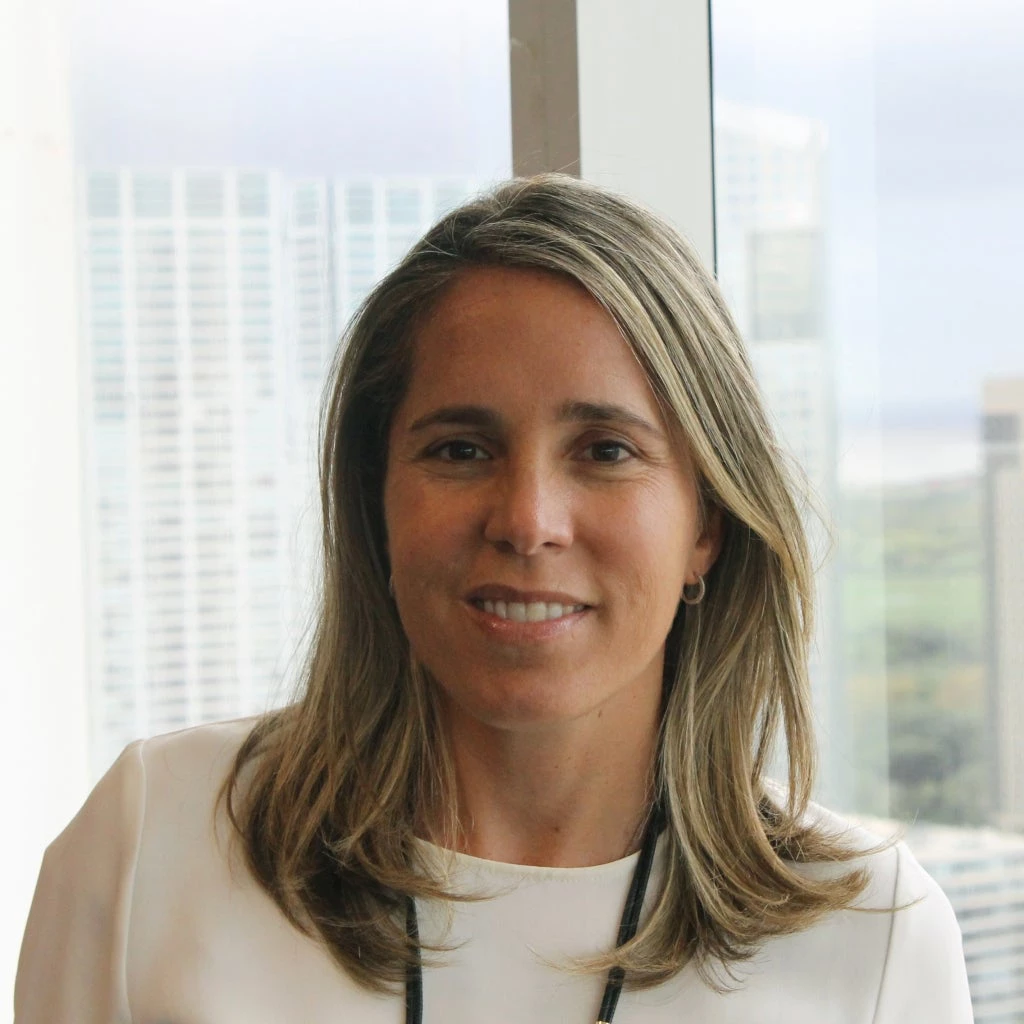
What do the former South African president and Nobel Prize winner Nelson Mandela and Uruguayan soccer star Diego Forlán have in common? Both of their families have experienced tragedies caused by unsafe roads and have turned their pain into a commitment to do something about it.
Three years ago, Zenani Mandela was hit by a drunk driver as she was returning home from the World Cup opening ceremony in South Africa. Zenani was just 13 years old. Forlán’s sister ended up in a wheelchair after a serious car accident 20 years ago.
Fate brought Zenani’s grandmother, H. E Zenani Dlamini Mandela to Argentina, where she serves as the South African Ambassador and is a well-known activist. Recently, she participated in a conference on road safety in Buenos Aires, which reminded us of how common these tragedies are, but that especially served as an incentive to renew our commitment to this cause.
Every three minutes somewhere in the world, children like Zenani are killed in traffic accidents. Approximately 1.3 million people die on the world’s roads (one every six seconds) and between 20 and 50 million people are injured every year.
According to a World Health Organization report, Latin America has one of the highest road accident rates in the world: 19.2 deaths per every 100,000 inhabitants, more than three times the rate of some European countries. This figure is even higher when considering South America alone, whose rate is two percentage points over the Latin American average.
Road violence mainly affects the youngest and most vulnerable. Traffic accidents are the leading cause of death among people aged 15 to 44 years. In Colombia, Costa Rica and the Dominican Republic, for example, 75% of victims are so-called vulnerable users – pedestrians, cyclists and motorcyclists.
The numbers are chilling: 130,000 deaths each year in Latin America alone. Six million are injured and hundreds of thousands are left disabled. The number of people injured is equivalent to twice Uruguay’s population or three times that of La Paz. It represents an enormous barrier to development. And all because of a lack of road safety.
The problem is not the lack of laws or regulations. Most countries in the region have a comprehensive legal framework in this area. The difficulty lies in their enforcement.
When a law is not enforced, either because the offender is not punished or a fine is not paid, a general sense of impunity is created. This in turn encourages more people to violate the law.
Like the Mandelas and the Forláns, many families of victims have transformed their pain into a commitment to road safety. Fortunately, organizations such as the Ibero-American Federation of Road Violence Victims Associations (s), the Foundation for Life in Colombia (s), the Gonchi Rodríguez Foundation of Uruguay or Mothers of Pain (s) in Argentina keep this crucial issue alive among authorities and public opinion.
These organizations remind civil society that road safety is a shared responsibility. They also work to ensure that governments do their duty and allocate resources to fulfill their commitments, modify laws, monitor enforcement and apply justice whenever infringements occur.
The World Bank, in a partnership with the United Nations and other agencies, is working closely with governments and non-governmental organizations to improve management of road safety policies.
We believe that promoting shared responsibility, improved data and the exchange of experiences and good practices will lead to better public policies. This is achieved through the Ibero-American Road Safety Observatory (s), for example.
We are also encouraging change among drivers through activities in education, awareness-raising, control, and protection of children and vulnerable users. The World Bank is also working to coordinate efforts between the transport and health sectors to improve institutions associated with road safety.
In Argentina, for example, the World Bank has supported the establishment of the National Road Safety Agency, which consolidates the role of monitoring, evaluating and managing interventions in a single agency. In fact, last week, Argentina received the Prince Michael International Road Safety Award for its advances in this area.
The Argentinean case demonstrates that, when a country invests sufficient financial and human resources to ensure enforcement of laws and raise awareness among the population, it is possible to reduce road accidents.
Zenani Mandela’s story and those of others remind us of the tragic magnitude of this epidemic. We are well aware of what to do about it. It is time to act. Because if one thing is clear, it is that the time is now.


Join the Conversation